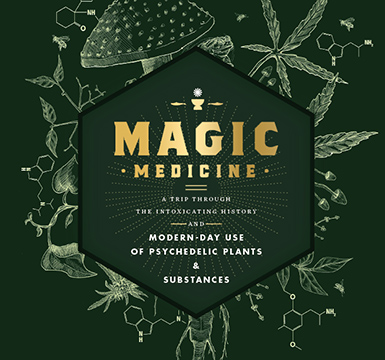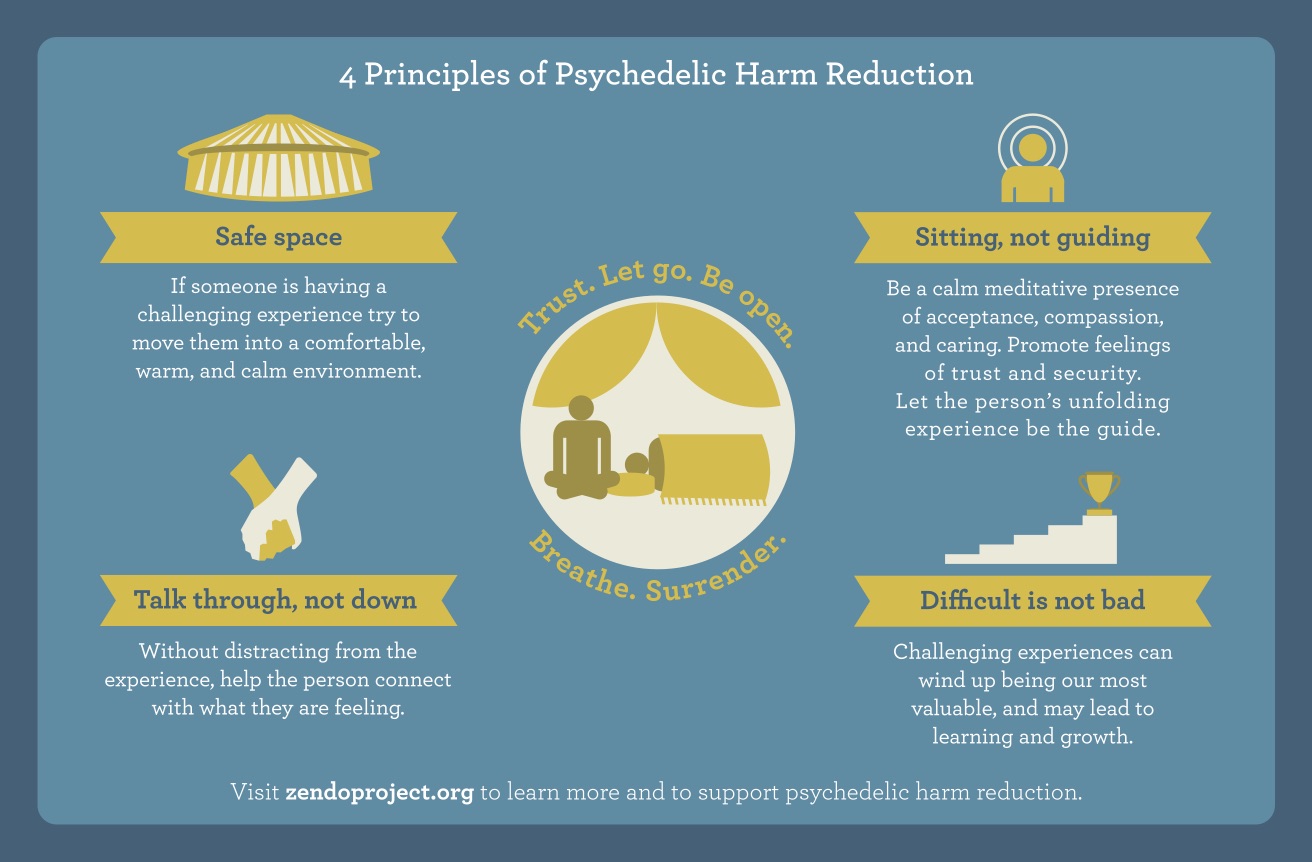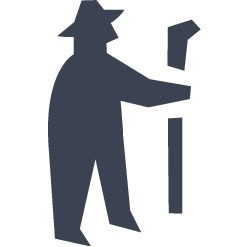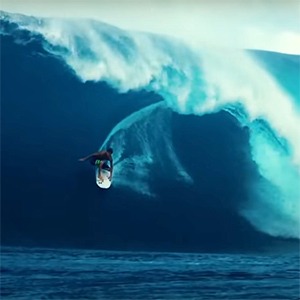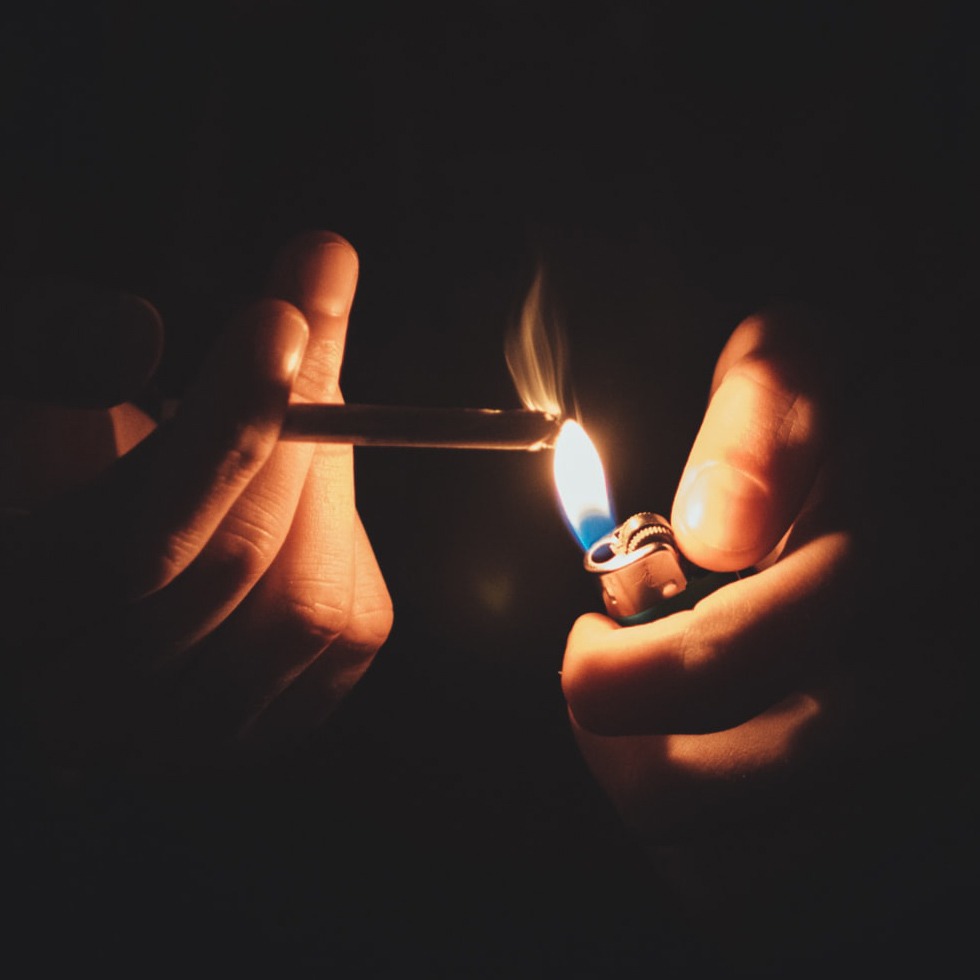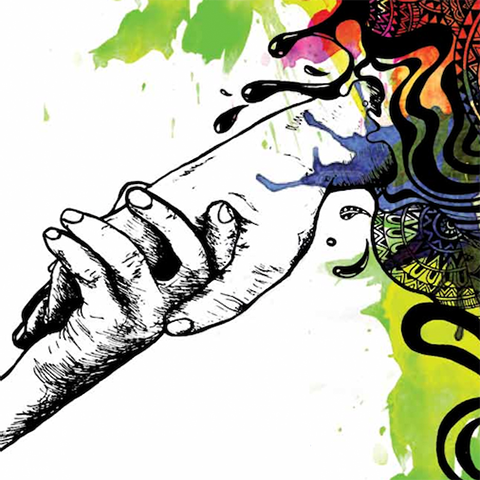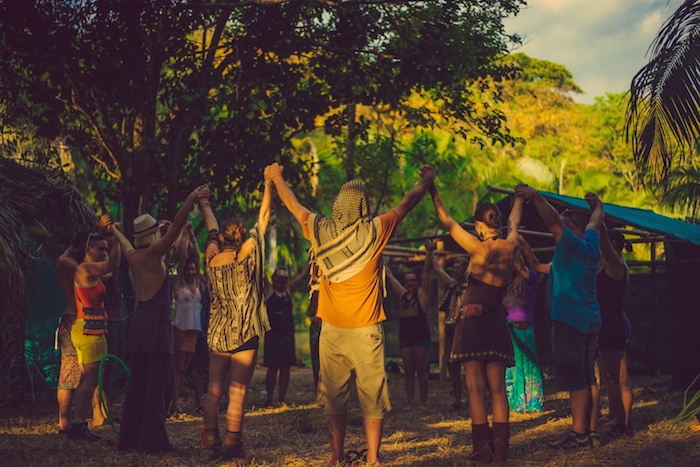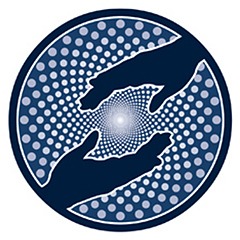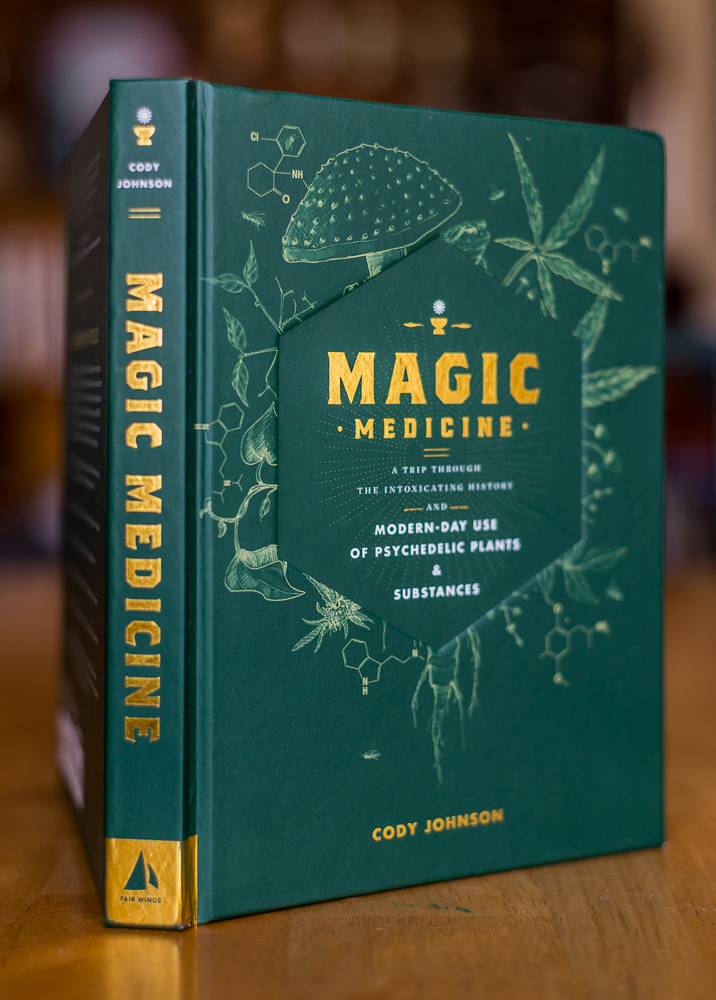Hand in Hand: How Psychedelic Harm Reduction Is Making a Difference Now
by Psychedelic Frontier on May 23, 2017 1 CommentThis essay by Shannon Clare Petitt was originally published in the MAPS Bulletin, Winter 2016 edition. If you believe in MAPS’ mission of furthering psychedelic medicine while promoting harm reduction, please donate to their cause.
![]()
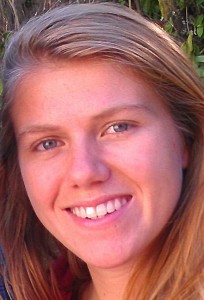
Shannon Clare Petitt, M.A., M.F.T.I.
The Multidisciplinary Association for Psychedelic Studies (MAPS) continues to make huge strides towards the goal of establishing psychedelics as legal medicines. In advancing the cause of psychedelic therapy, the organization has also become a repository for experience and techniques essential for assisting people journeying through difficult psychedelic experiences. Psychedelic harm reduction is the practice of creating safe spaces in environments where the use of psychedelics is common, especially music and art festivals around the world. MAPS has committed to this mission by establishing the Zendo Project (zendoproject.org). MAPS MDMA Therapy Training and Zendo Project Community Engagement Coordinator Shannon Clare Petitt is one of the many people on the front lines of both the clinical and festival environments. Here, she discusses how MAPS’ work in these two areas strengthen and complement each other.
It’s an exciting time in the field of psychedelic science, with MAPS’ upcoming Phase 3 studies of MDMA-assisted psychotherapy for posttraumatic stress disorder (PTSD) bringing the hope of legally available psychedelic psychotherapy closer to reality. The tedious work we’ve completed over the last 30 years is paving the way for millions of people to gain access to new and effective treatment options. The research we’re doing now will shape not only future medical practice, but also the foundations of knowledge from which people judge, understand, and use psychedelic substances.
I’ve had the honor of being a co-therapist on the MAPS-sponsored Phase 2 trial of MDMA-assisted psychotherapy to treat anxiety associated with life-threatening illness. For me, this work is a profound joy: facilitating a psychedelic journey in a safe and supportive setting, as each person works through painful histories that have hindered their life. There’s also an ache in the work, while participants make lasting change in a matter of weeks, the overall process of research and drug development is slow. Phase 2 studies typically enroll less than 24 people, though our upcoming Phase 3 PTSD trials will treat about 400. Waitlists for each study are hundreds of names long, and the multitude of emails and phone calls we receive asking for help are a constant reminder of how many are still suffering and waiting for a breakthrough. This strongly motivates our work—we feel the urgency of making these treatments legally accessible to those who need them.
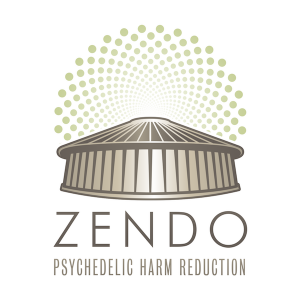 So we must ask: With clinical research being a lengthy process and legal psychedelic therapy still several years away, what actions can we take to make a positive impact in people’s lives right now?
So we must ask: With clinical research being a lengthy process and legal psychedelic therapy still several years away, what actions can we take to make a positive impact in people’s lives right now?
According to the 2015 National Survey on Drug Use and Health, 15.3% of people age 12 and older have used a psychedelic drug at some point in their lifetime; for MDMA it’s 6.8%, and for marijuana 44%. People of all ages use psychedelics: at home, in nature, alone, in groups, at college, at parties, with friends, with family, in ceremonies, for fun, for healing. Many (if not most) of those having direct experiences with drugs are plagued by judgment, fear, misinformation, and a lack of unbiased research. There is a huge need for honest dialogue about drug use, and about psychedelics in particular. MAPS is a global hub of information about the risks and benefits of psychedelics and marijuana, helping people understand the risks and potential benefits of psychedelics and allowing people to make informed decisions about their drug choices.
Every day people make choices about putting these substances in their body: how much, how often, what they do during and afterwards, and how they make sense of it all. Psychedelic experiences can include being suddenly and intensely aware of emotions, positive and pleasurable as well as sad and painful. These effects are part of what make MDMA and psychedelics such promising therapeutic tools. In a safe container with trained professionals, and extensive preparation and after-care, such experiences can be used to resolve past traumas, help people face their fears, develop trust and more authentic relationships, and gain access to feelings that were previously blocked.
These intense experiences can be risky, especially for those who don’t know they have suppressed feelings and who went to a music festival to have fun. Even on our best days—at home, at work, completely sober—it can be hard to know what to do with overwhelming feelings, how to communicate needs and boundaries, or how to best to express ourselves. The psychedelic experience magnifies what is under the surface; as Stanislav Grof has written they are a “catalyst or amplifier of mental processes.” We go from being barely aware of the subconscious in everyday life to hyper-aware in a psychedelic experience. This profound shift in consciousness can be frightening, empowering, or both.
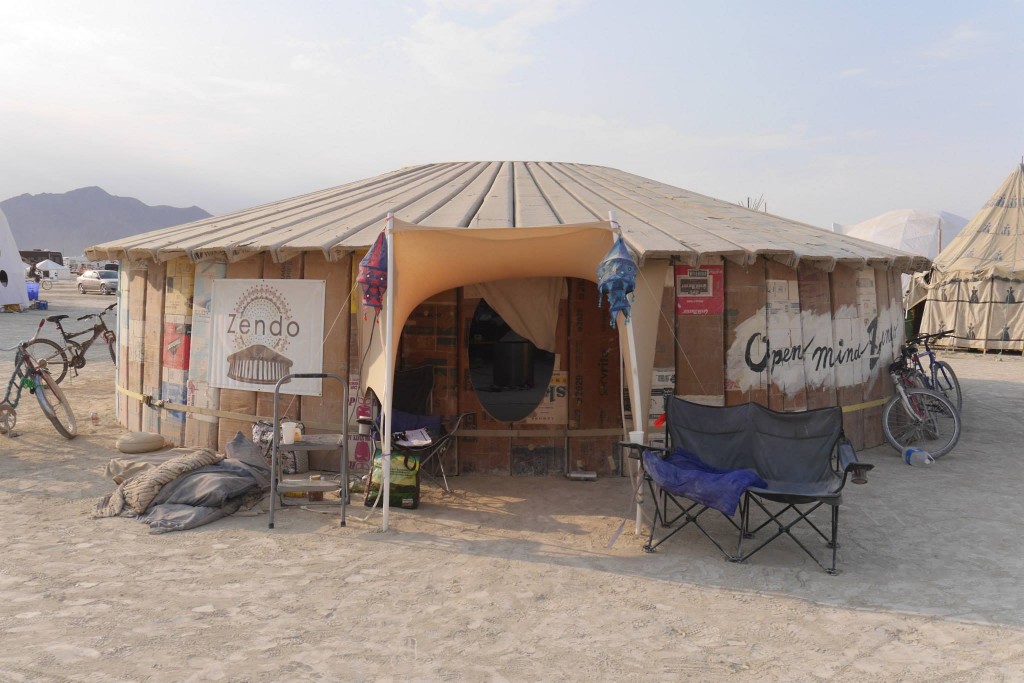
One of two Zendo tents at Burning Man 2016
How can we help psychedelic users make sense of these transformative experiences? Due to the historical stigma surrounding psychedelics, there are often not many places people can go to get support for these experiences. People are so afraid of getting into trouble or being criticized that they may not seek help when they need it, especially while in an altered mental state. One of the most constructive services we can offer is a place people can be themselves without fear of judgement.
MAPS and other organizations are making growing commitments to public education and psychedelic harm reduction. Since 2003, MAPS has supported harm reduction efforts at music festivals both formally and informally. In 2012, MAPS created the Zendo Project in order to provide public education and peer counseling at music festivals and other events. In the past four years, the Zendo Project has provided safety and care to 1,986 guests, and hundreds of passionate volunteers have received training in psychedelic support.
When a guest arrives at the Zendo Project, we greet them and learn about what they are experiencing. If our supervisors determine that they are in need of assistance, a trained volunteer offers them a place to rest, water, and a compassionate ear. Some guests respond with disbelief or even paranoia that we could be so welcoming of strangers, but usually after a few minutes building rapport they realize that the Zendo Project is designed precisely to provide this kind of care. Many people are amazed, and some feel undeserving. We assure them that is our privilege, and our mission, to be with them in whatever experience they are having.
Most importantly, at the Zendo Project we want people to be sheltered from the elements, hydrated, comfortable around others when they are in such a vulnerable state, and safe with themselves if they are engaging in dangerous behavior or having thoughts of ending their life. Having a safe space to receive support can help people acquire the internal tools needed to deal with psychological difficulties, build resilience, learn new emotional skills, increase self-awareness, face deeply-rooted issues, and gain overall confidence and trust.
One of the principles of psychedelic harm reduction is “Sitting, Not Guiding”, which means that the trained volunteer “Sitter” respects the autonomy of the guest, allowing them to determine what is right and real for them. It’s important as caregivers, when someone is in a highly impressionable state, to be attentive to our own beliefs, wishes, and worries, to allow each guest the privilege of their own experience.
Another principle we embrace is “Difficult is Not the Same as Bad”, which means that we often learn the most and grow from challenging experiences. Sometimes it can be hard to have this perspective while we’re in painful or uncomfortable situations, but realizing that it will pass and that there may be something of value in it can help us build resilience. Psychedelic substances are magnifying lenses into our own psyche, often bringing up psychological or emotional content needing to be processed. It’s not always fun, but it can be—and it can certainly be rewarding in the long term.
As we know from clinical trials, many of the benefits of psychedelic therapy come in the days and weeks after the sessions. This process of reflecting on the lessons and revelations, digesting them, and applying them to daily life is known as integration. Since 2015, the Zendo Project has offered Integration Circles at music festivals, both for our guests from the previous night as well as for other festival attendees as they prepare to return home to family and work. MAPS has also developed an online resource, the Psychedelic Integration List (maps.org/resources), which includes therapists, psychiatrists, coaches, and bodyworkers who understand non-ordinary states of consciousness and are willing to help their clients integrate after such experiences. We have a long way to go before the majority of mental health and medical professionals are prepared to help people who have had psychedelic experiences, but integration providers are working to build a network, document best practices, and create curriculums for disseminating this knowledge and making it widely available.
It would be inadequate to research the potential benefits and educate the public about the use of psychedelic drugs without acknowledging that many people already use them without sufficient safety and support. While MAPS continues to develop psychedelics into legal treatments for mental health, our work to reduce the risks that face psychedelic users outside the research setting contributes to public safety, and models a world in which psychedelics and other drugs are treated as matters of personal choice and public health.
![]()
Shannon Clare Petitt, M.A., M.F.T.I. received her Master’s in Integral Counseling Psychology from the California Institute of Integral Studies in 2014, with a practicum working with youth on moderation management for drug and alcohol use. Her passions include working with addiction, trauma, relationship, the body, and nature. At the Multidisciplinary Association for Psychedelic Studies she serves as the Therapist Training Program Coordinator. She also leads Community Engagement for the Zendo Project, bringing harm reduction services to events and expanding efforts for awareness and integration of psychedelic experiences. Shannon is a co-therapist in a MAPS-sponsored Phase 2 trial researching MDMA-assisted psychotherapy for anxiety associated with life-threatening illness. She can be reached at shannon@maps.org.
Liked this post? Subscribe to my RSS feed to get much more!

